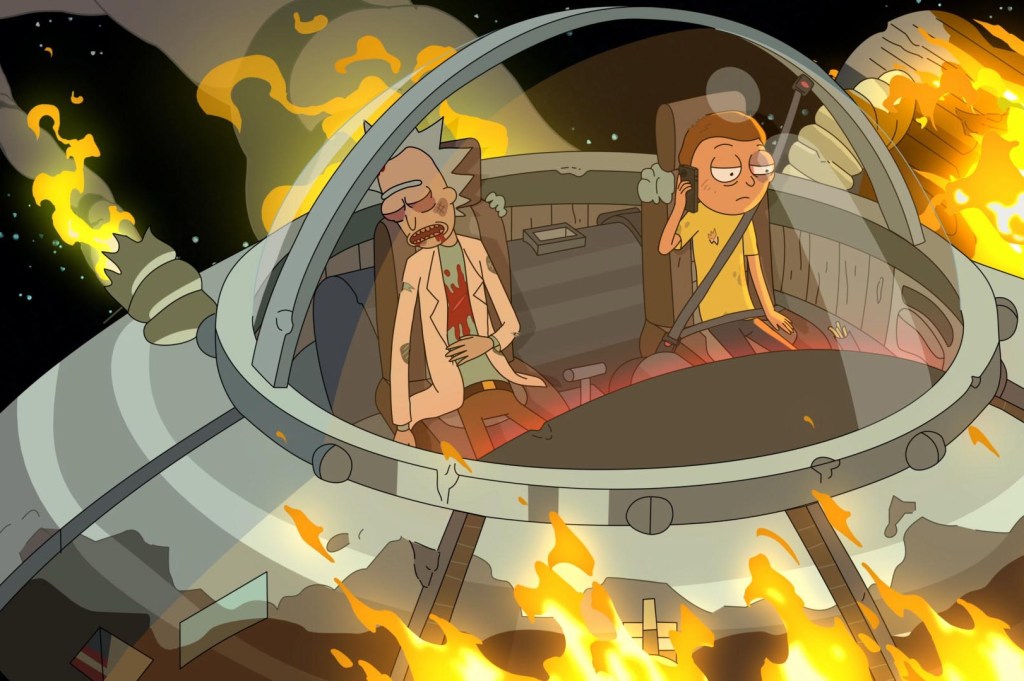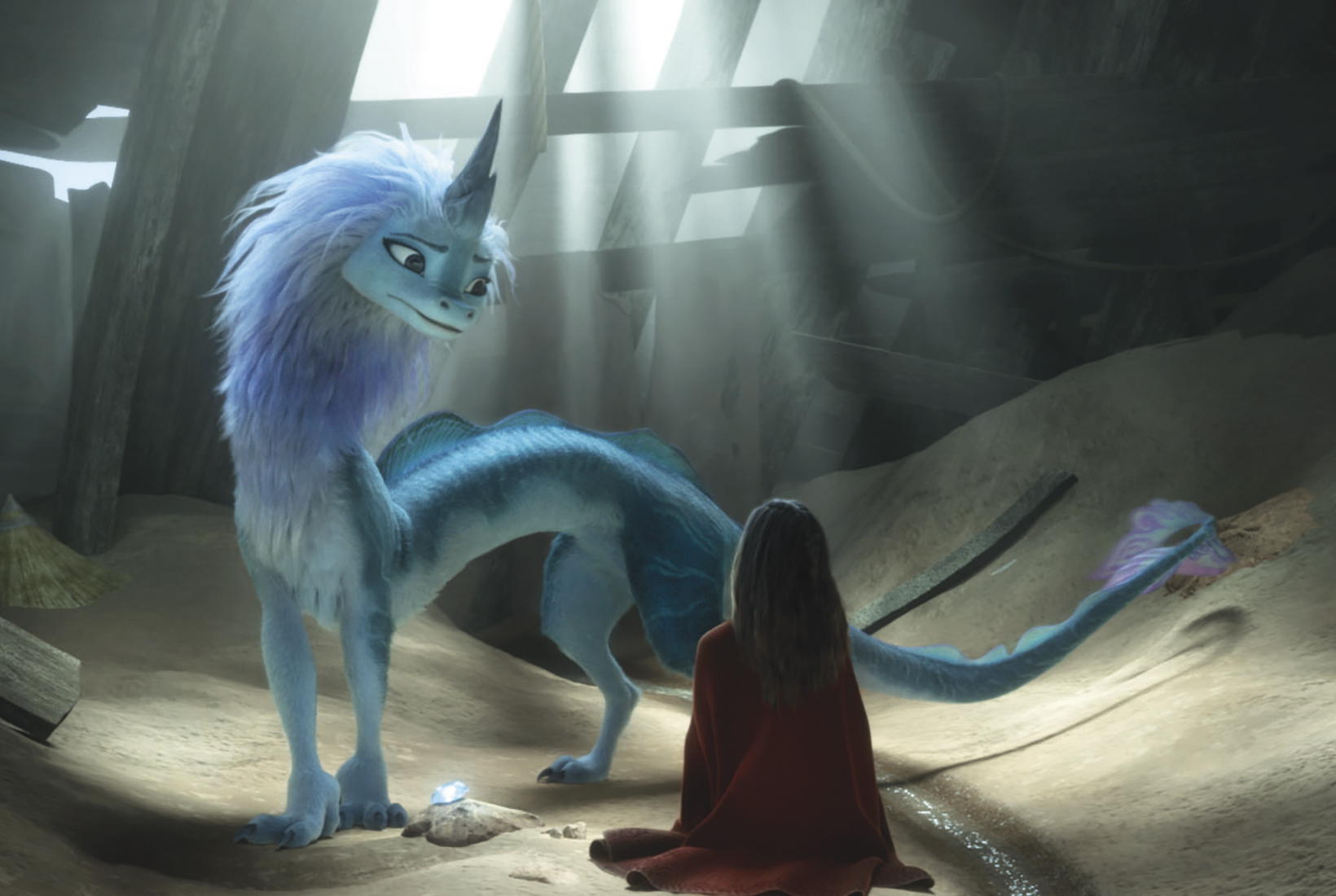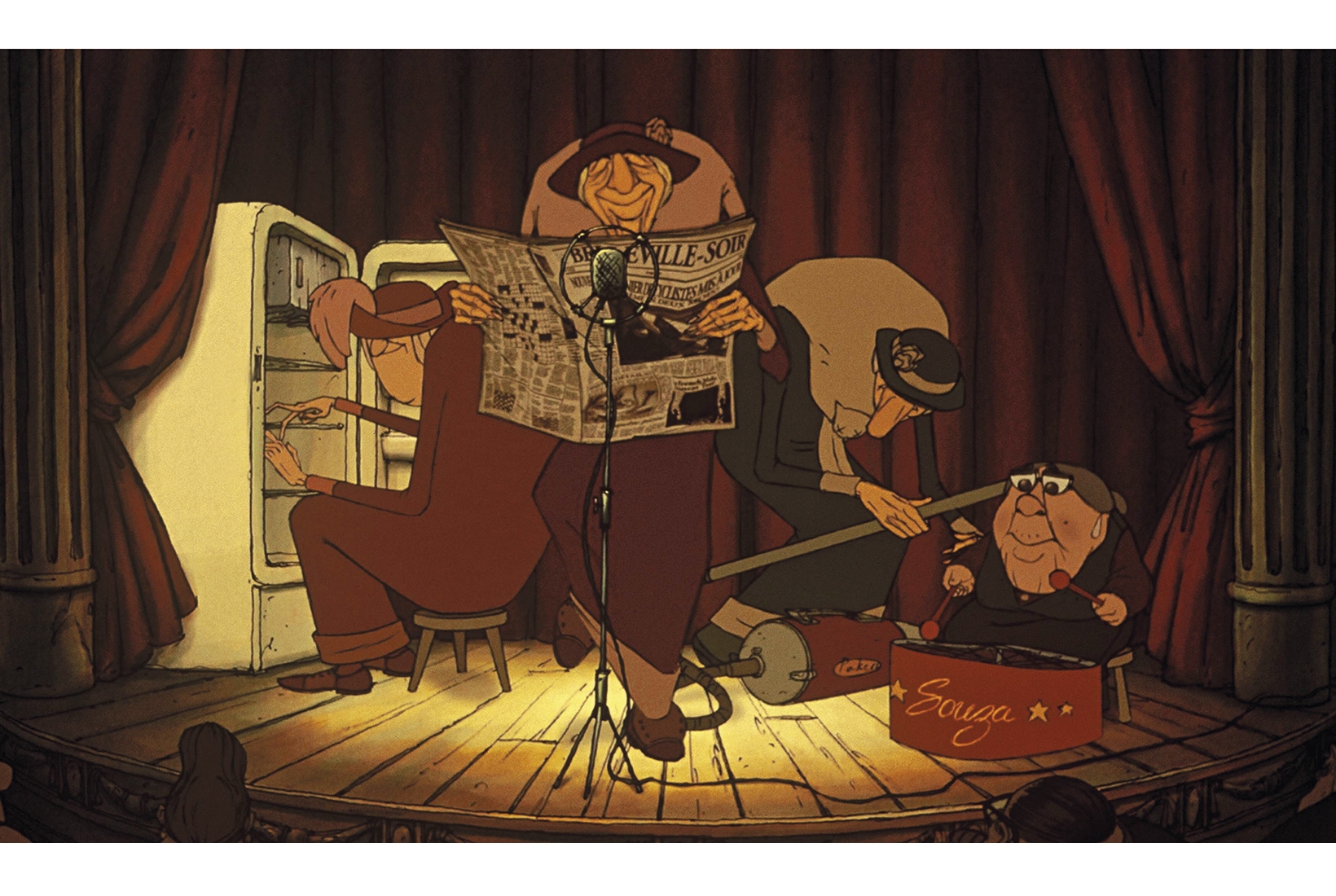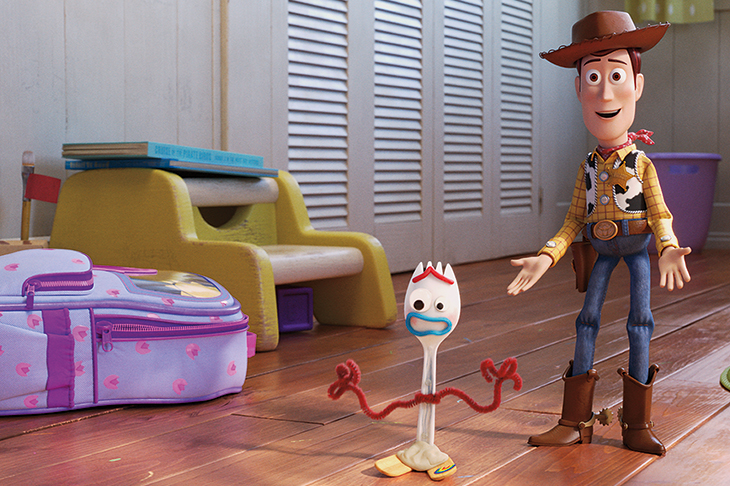I’ve been trying to avoid the house TV room as much as possible recently because it tends to be occupied by family members watching Wimbledon and the Euros. My adamantine principles prevent me looking at either: I won’t watch Wimbledon because of the masks and socially distanced interviews and I refuse to watch any sport where the players all kneel before the match in homage to race-baiting Marxist separatists.
So it came as a huge relief when Boy, finally home from university, switched over to Rick and Morty. My immediate response was: ‘What is this noisy, in-your-face, in-joke young person’s crap you are inflicting on me, hateful progeny of mine.’ But within moments this had given way to ecstatic joy as I realized that this cartoon series, which I’ve been overlooking since its debut in 2013, is quite possibly the best thing on TV ever.
Rick and Morty has been described by its co-creator Dan Harmon (also responsible for the similarly weird and brilliant sitcom Community) as like a ‘cross between The Simpsons and Futurama’; and by critics as ‘a never-ending fart joke wrapped around a studied look into nihilism’ and ‘an artful answer to the question of what follows postmodernism: a decadent regurgitation of all its tropes, all at once, leavened by some humanistic wistfulness’. These descriptions capture quite well its mix of extreme puerility and extraordinary sophistication: it’s sweary, crass and low, yet the plotting is so dense, complex, multilayered and referential it feels as though it can only have been put together by a writers’ room of a dozen autistic geniuses.
It began life as a short animated spoof of Back to the Future, which explains the two main characters — Rick is the foul-mouthed, distracted, wild-haired professor; his grandson Morty (i.e. Marty McFly) is his ingenuous foil. The rest of their family, the Smiths, comprise a jaded 17-year-old sister Summer and some blandly useless, middle-aged parents Jerry and Beth.
With some adult cartoon series — Family Guy; American Dad!, etc. — I find that you need to watch a good half-dozen episodes before you can really settle into the tone and the humor. But with Rick and Morty you’re in there straight away, usually with a breathless, accelerated scenario that leaves you pinned to your seat, agog, at once marveling at and beguiled by the strangeness of it all, exultant in its darkness, cynicism and amorality.
In episode one of the new season (five), for example, Morty somehow nurses a bleeding, half-dead Rick back to Earth from yet another random interplanetary adventure. But when they crash-land, apparently safely, in the sea their problems are only just beginning, because they have inadvertently offended Rick’s hitherto unmentioned nemesis, a sea god called Mr Nimbus.
Despite his camp manner and ridiculous appearance (skinny body with tiger stripes; black quiff; tight red Speedos), Mr Nimbus has incredible powers including being able to control the police with his crotch. When he comes to the Smith household to wreak his vengeance, Rick seeks to satisfy him with an elaborate dinner, complete with the finest wine, which Rick ages by sending Morty through a portal to a Narnia-like world in a parallel universe where a kindly family of cartoon dog-faced humanoids keep his wine until he is ready to collect it decades later (even though in his own world mere minutes have elapsed).
Unfortunately, it all goes horribly wrong when one of the kindly dog-faced creatures helps Morty carry the wine through the portal only to discover, on his return to the Narnia world, that many years have elapsed and his wife has died waiting for him. So Morty becomes a legendary figure of hatred to the dog-faced creatures, who, for generations plot dire revenge should he ever return — which he does at intervals, resulting in the rise and fall of whole dynasties, and epic bloodshed and destruction.
I mention all this only to show how a tiny, almost throwaway plot detail (Narnia-type creatures help turn new wine into vintage wine suitable for a sea god nemesis) can mutate into a gloriously surreal digression that threatens to overwhelm the main narrative. You find this in the best Simpsons episodes too, but I’ve rarely seen it done with more outrageous verve than it is here.
Meanwhile, back at the Smith home Jerry and Beth have acquired an unwonted sexual adventurousness which they intend to satisfy by having a threesome with Mr Nimbus; but Morty’s date with his long-time crush Jessica is ruined after the dog-faced creatures drag her back to their portal and hold her in suspended animation for thousands of years causing her to acquire a mystical wisdom quite unsuited to teen love relationships. Trust me, it’s great.
This article was originally published in The Spectator’s UK magazine. Subscribe to the World edition here.

























